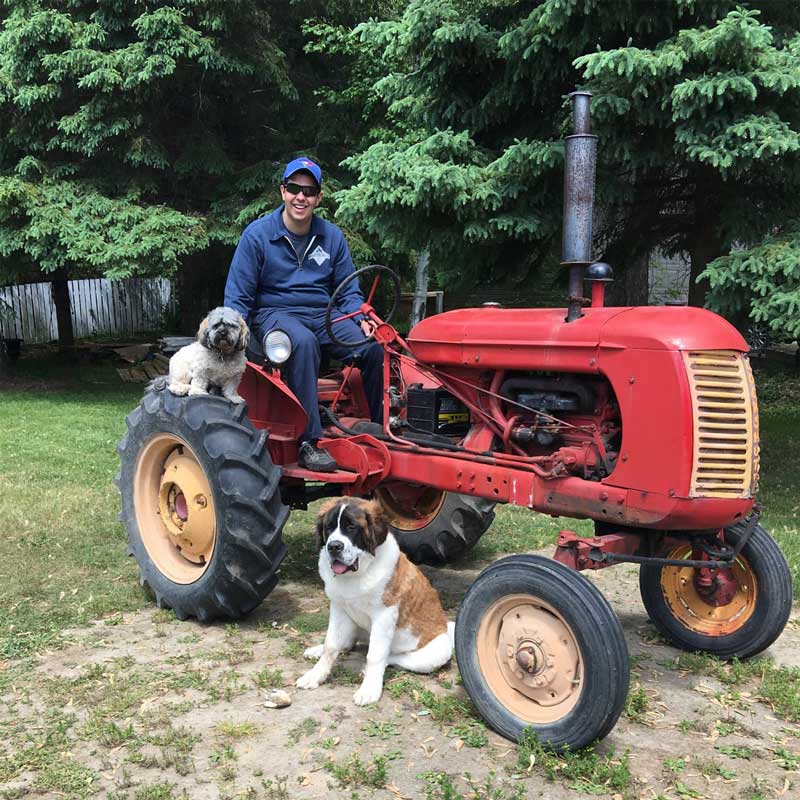
Hi! I thought I would tell you about my tractor. It’s a 1952 Cockshutt 20 serial #304. The tractor was purchased used by my Grandfather in the 1960’s. He used it to collect firewood on his hobby farm. When the tractor was replaced in 1985 for an ATV, the tractor was used to plow snow in the yard. That’s how it remained. I was a young boy in the 1990’s and can recall sitting on my Grandfathers lap driving the tractor up and down the driveway. In the late 90’s with health complications, my Grandfather gave the tractor to my uncle who later restored the tractor, and then sold it outside the family. It was gone, forgotten, and thought never to be seen again!
In January 2015 I set out to find the tractor. Determined, I set ads on the internet with no solid leads until February 2016. I received an email from a Cockshutt collector near Cornwall Ontario. The gentleman was able to tell me where he had previously purchased the tractor, and was able to supply it’s history right back to my Grandfather. He agreed to sell it to me! In May 2016 my father and I set out on the 9 hour trip on the way to bring the tractor back home. It now sits in my garage completely restored again! With help from Steiner parts of course!
I plan to use the tractor for shows, parades, and pushing snow with the rear blade in the Winter time! Thanks for giving me the opportunity to tell my story on my Cockshutt!
Ross Dokis
Hammer, Ontario
Canada
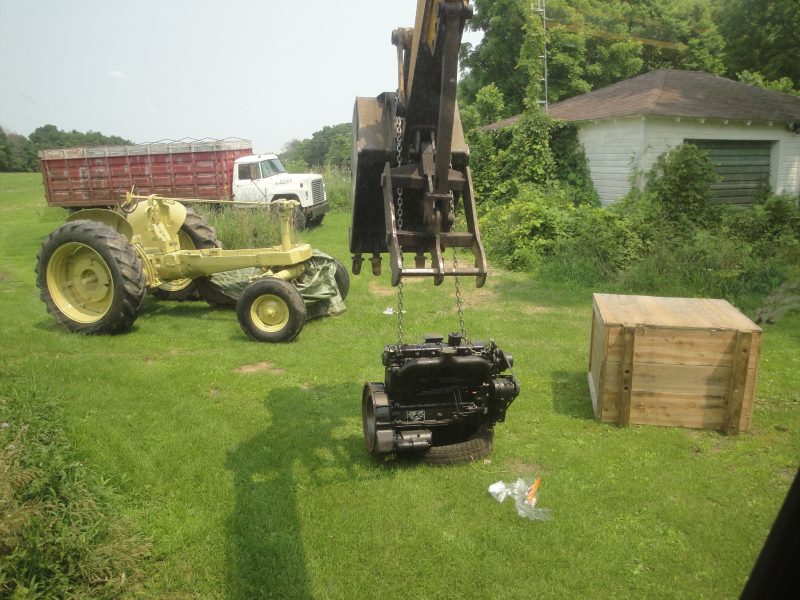

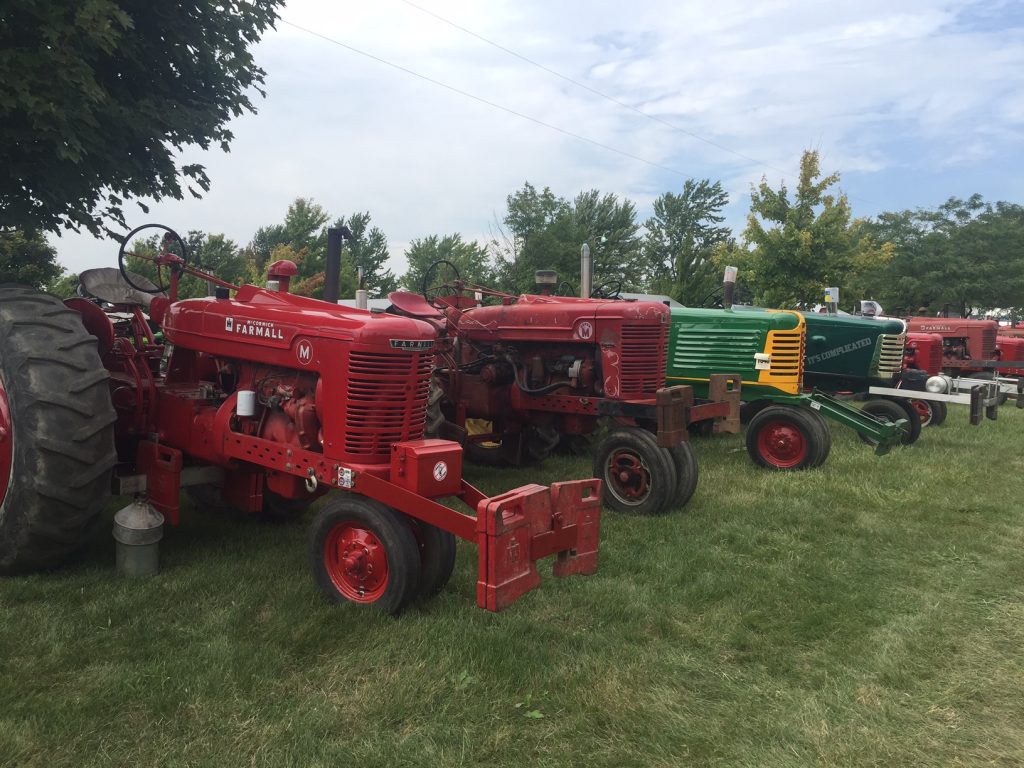
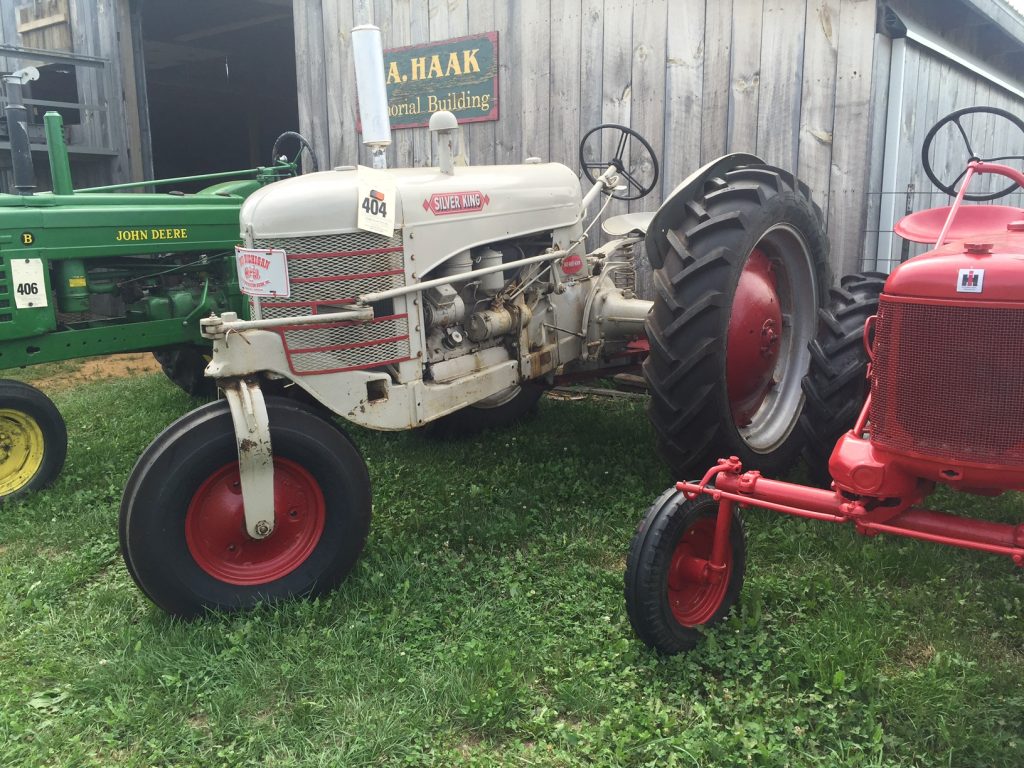
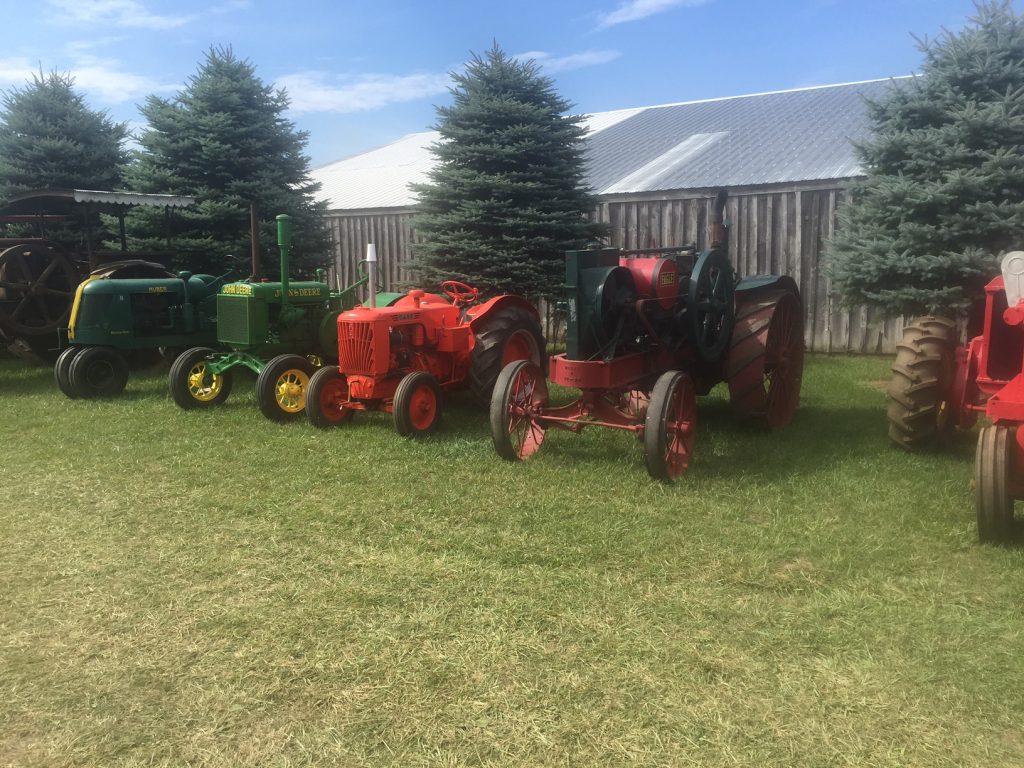
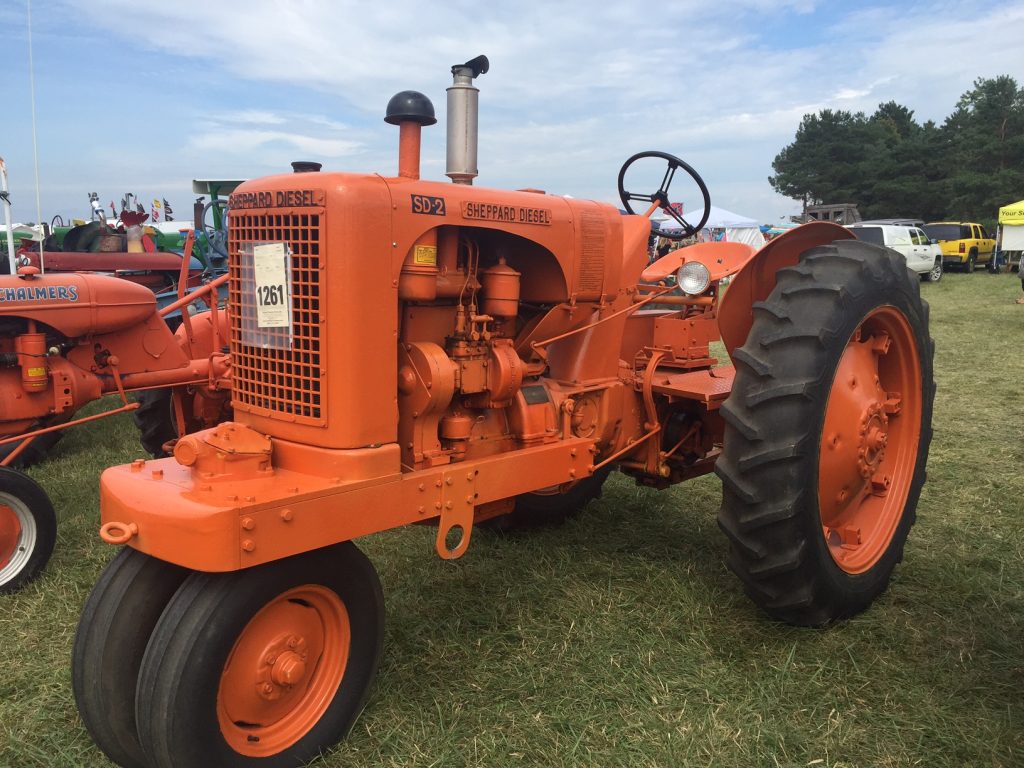
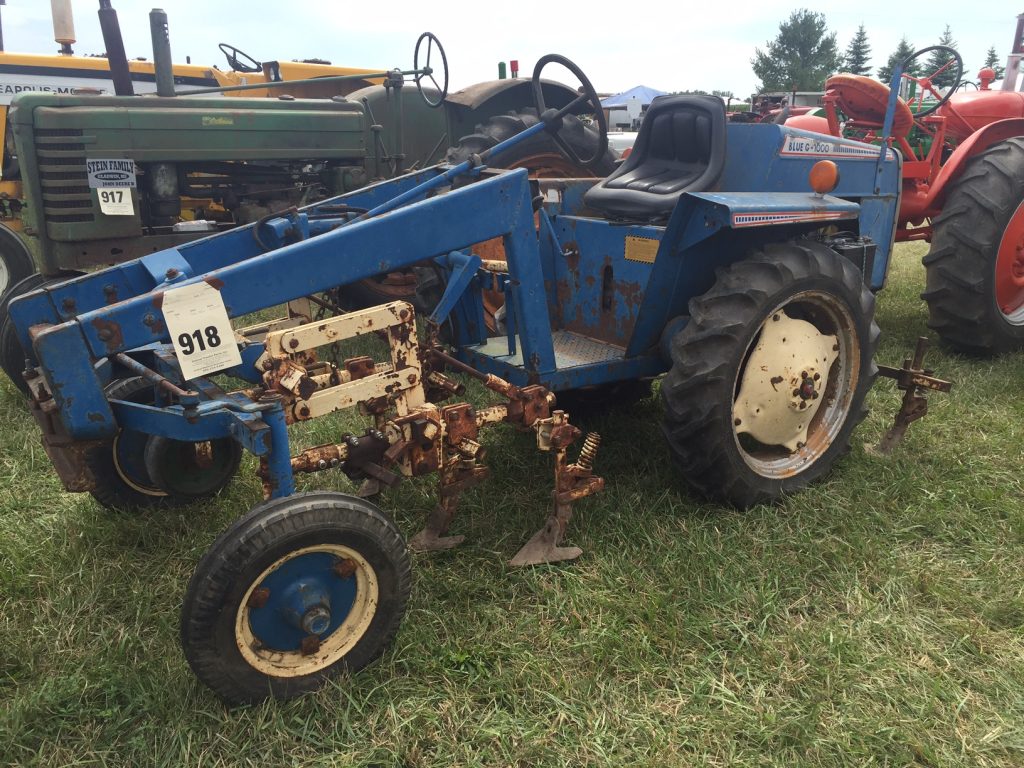
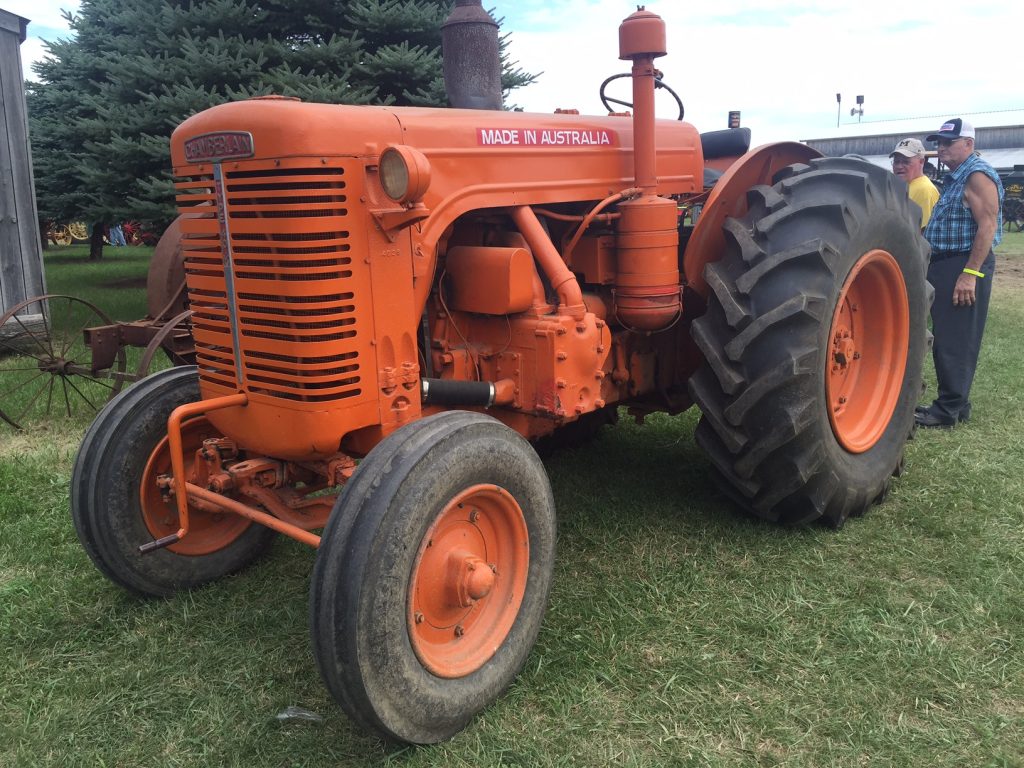
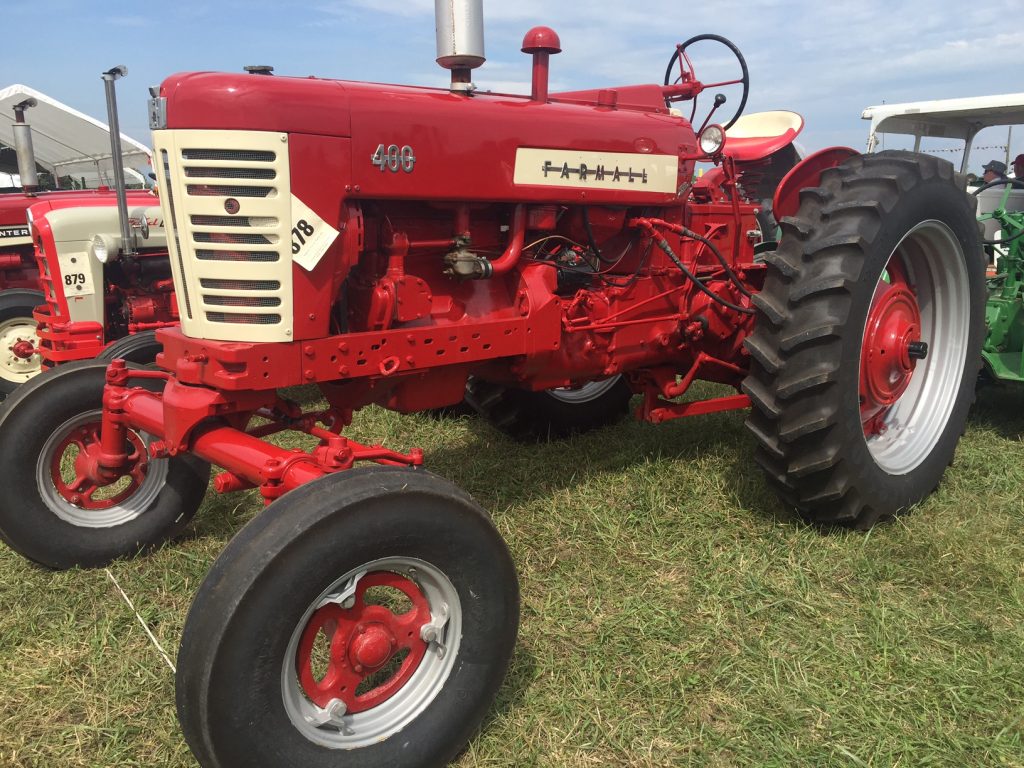
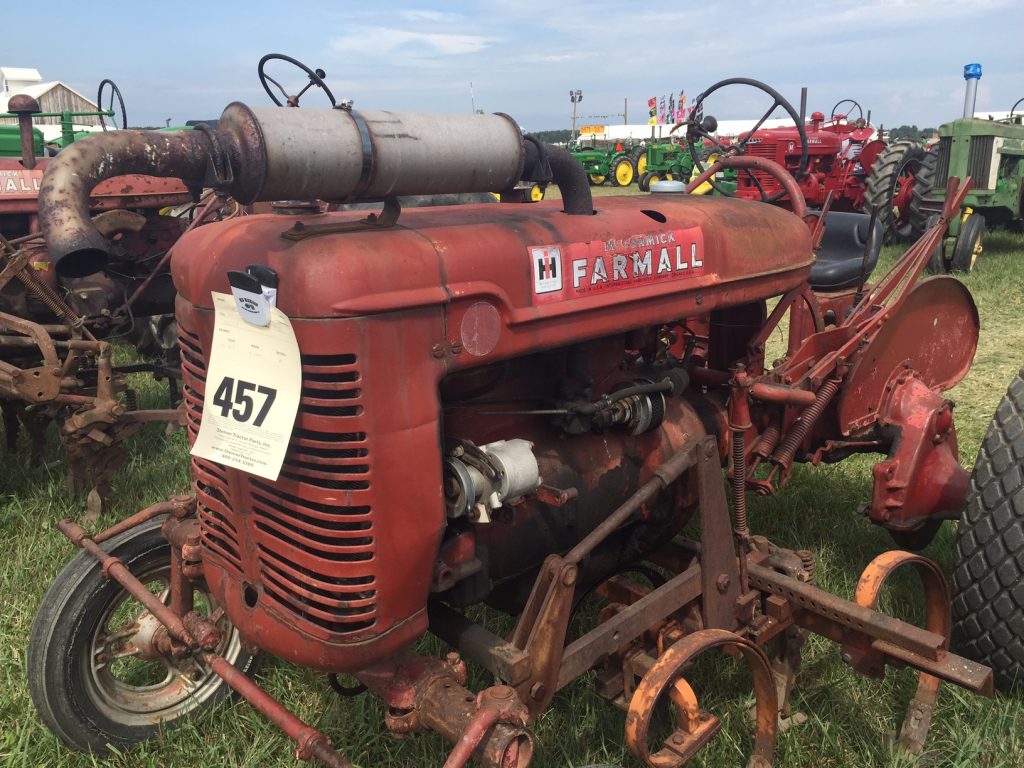
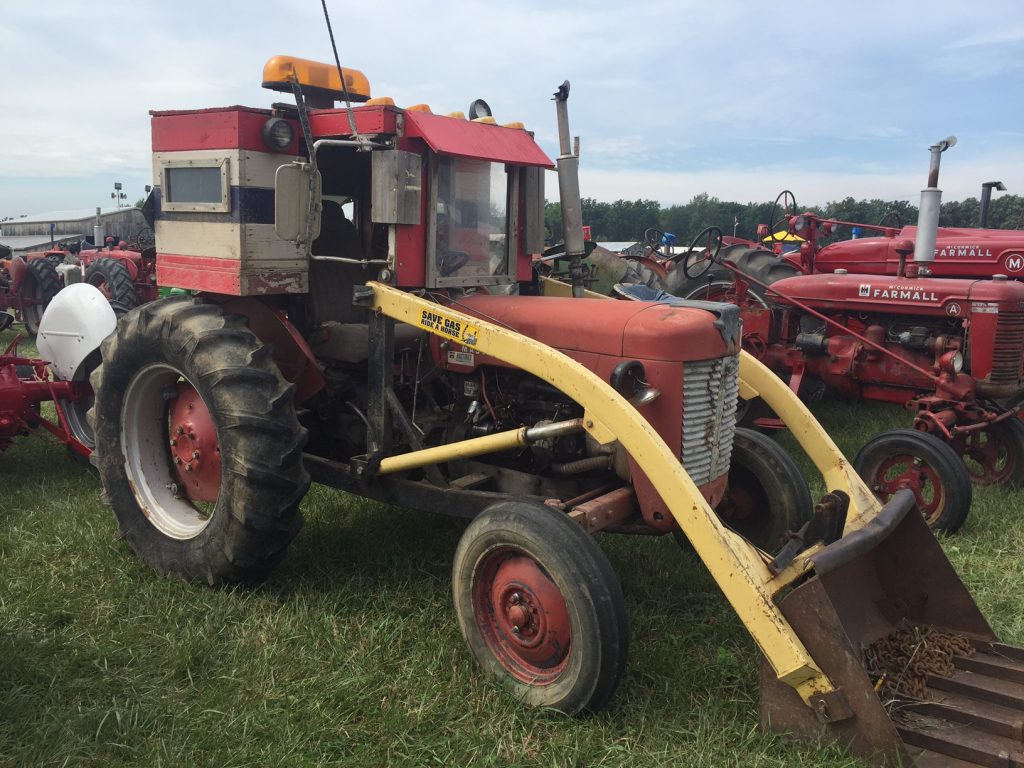
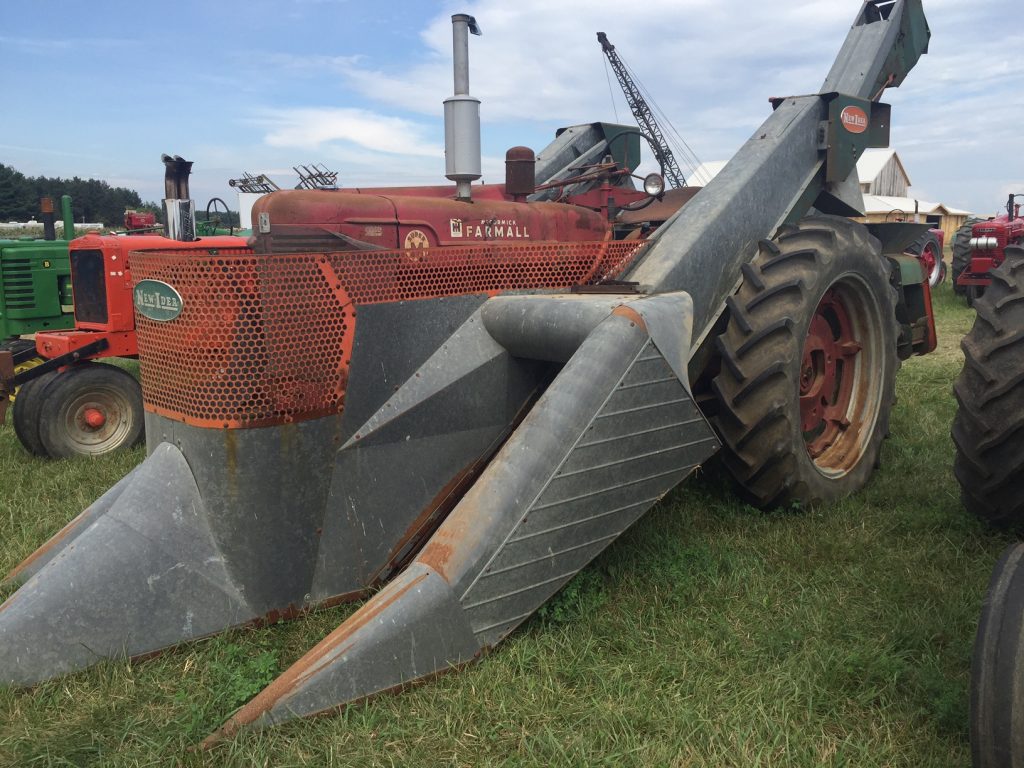
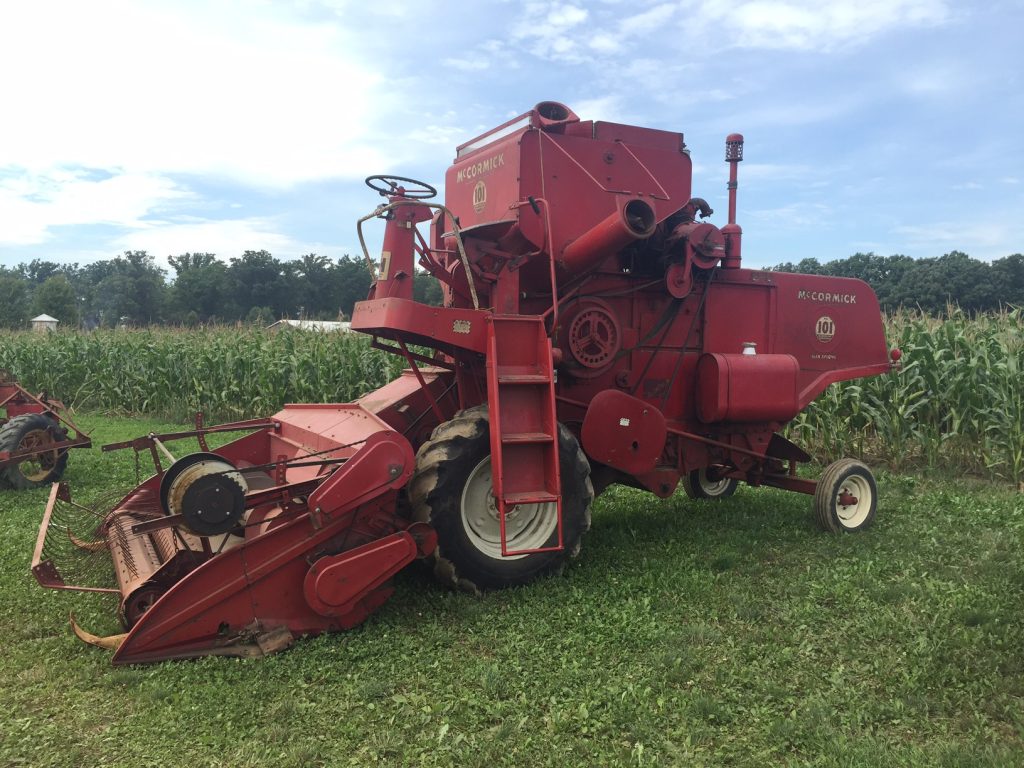
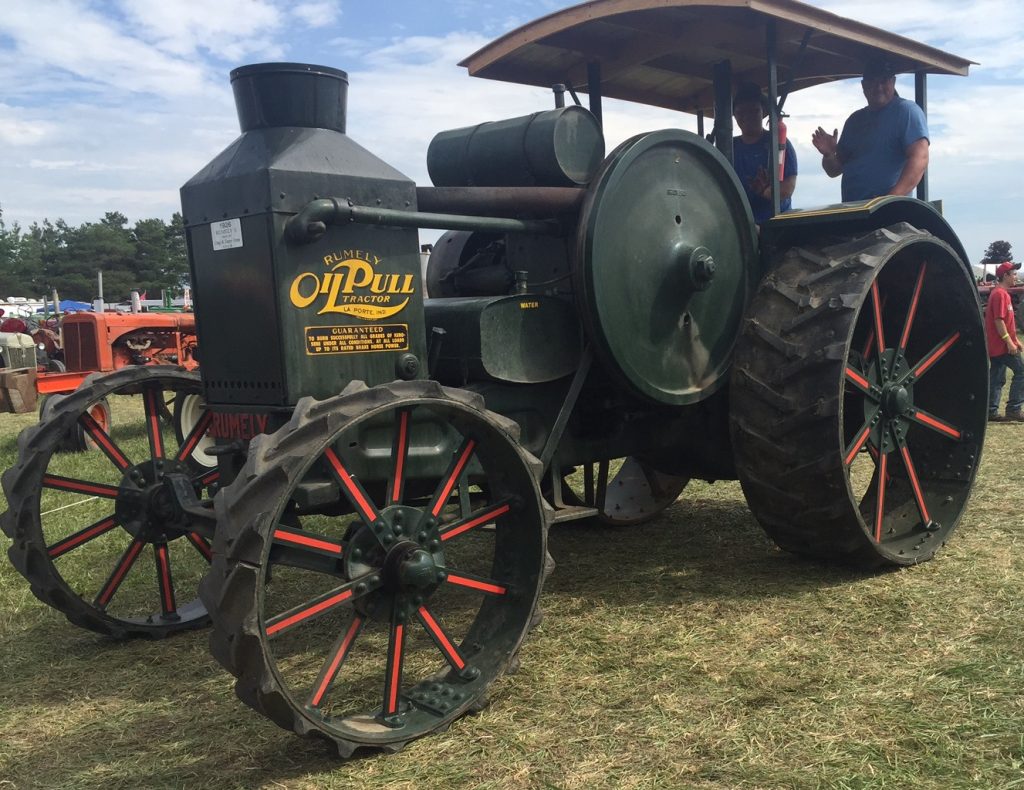
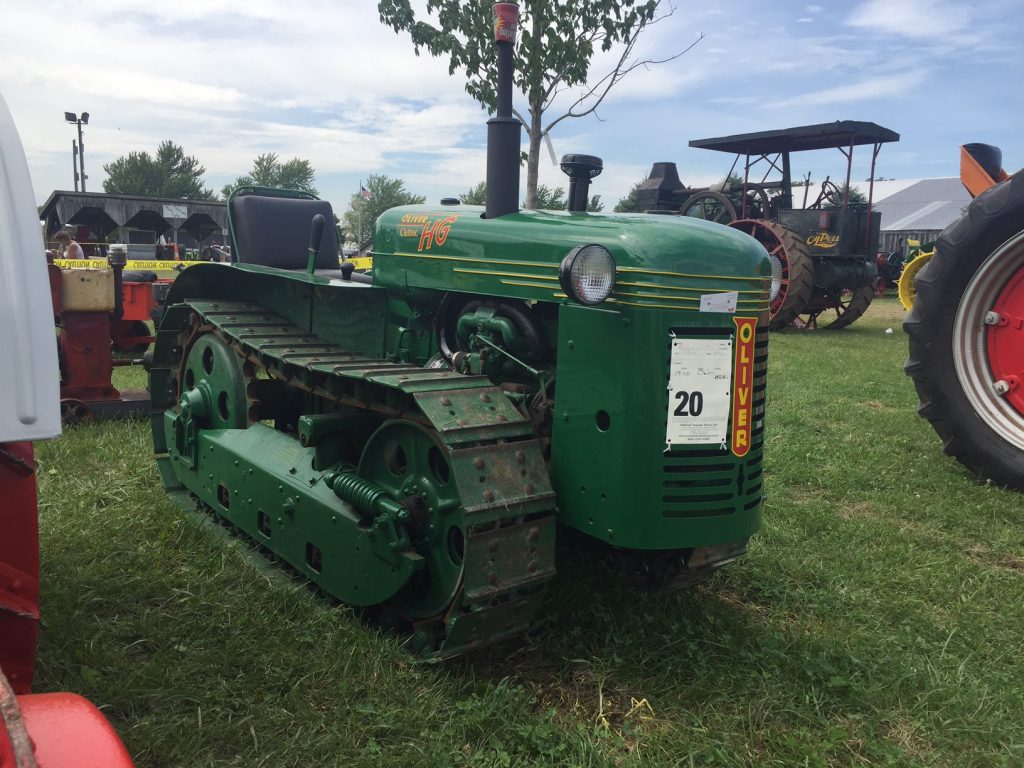
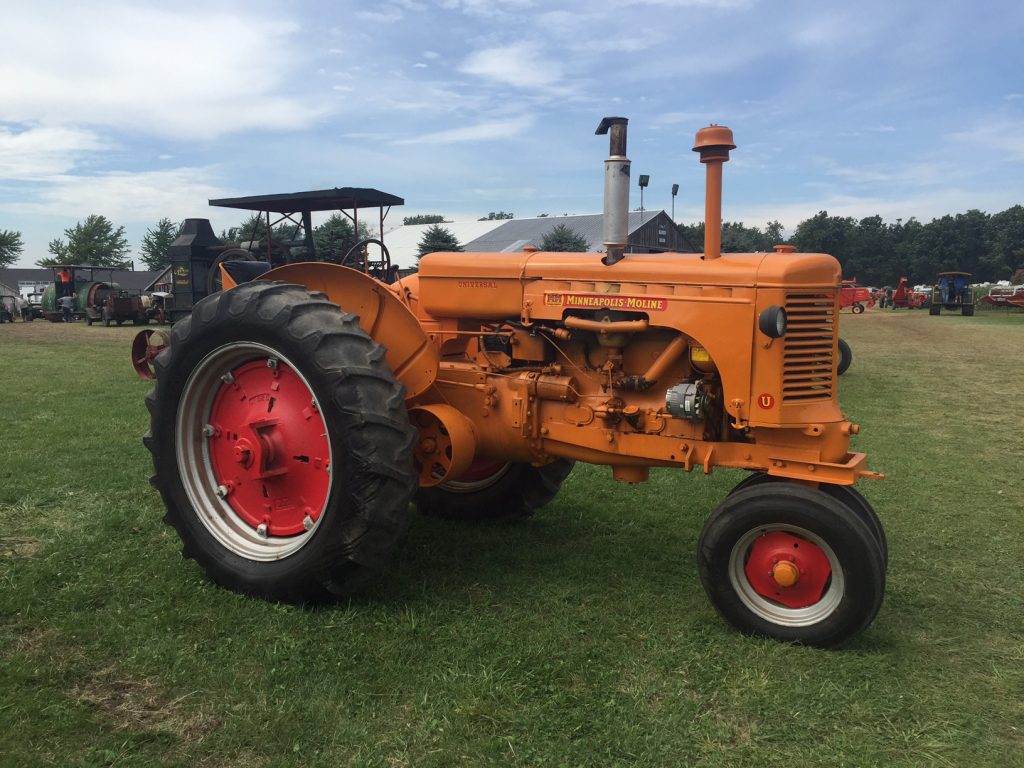
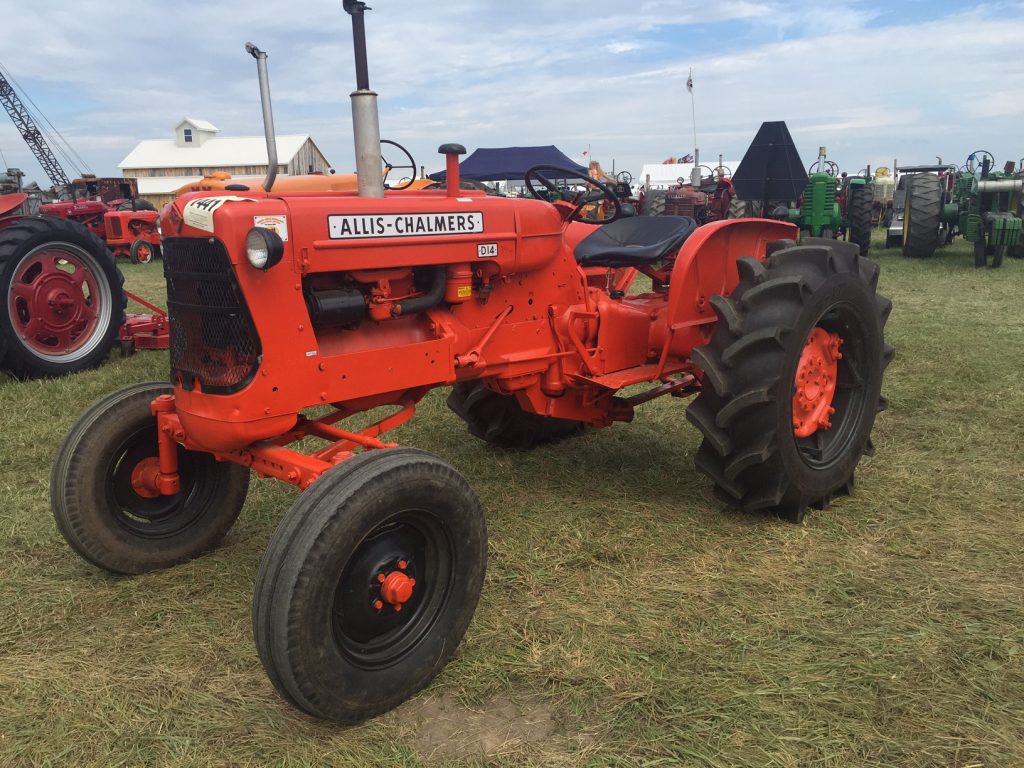
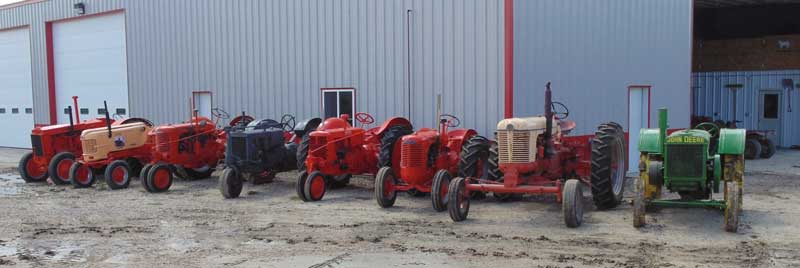 From the Steiner Tech Support line: 6 Volt to 12 Volt Conversion FAQs
From the Steiner Tech Support line: 6 Volt to 12 Volt Conversion FAQs